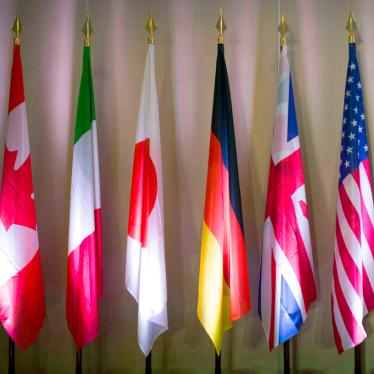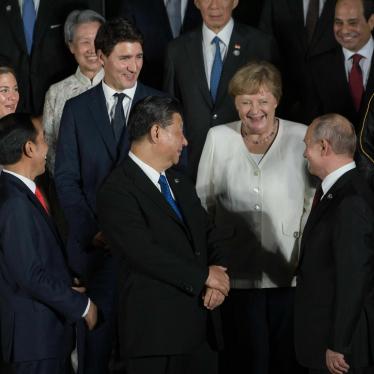Canada’s Supreme Court on June 28, 2017 upheld a lower court’s injunction to require Google to delist web pages from a company that had been copying and selling a product belonging to Equustek Solutions Inc.. Google had already delisted all the company’s pages under the .ca (Canada) domain, but Equustek sought, and the British Columbia court granted, an injunction requiring Google to make the pages unsearchable from any place in the world.
Human Rights Watch, ARTICLE 19, Open Net (Korea), Software Freedom Law Centre (sflc.in), and the Center for Technology and Society – represented by Blake, Cassels & Graydon LLP – intervened on the issue of the global scope of the injunction, arguing that speech and access to information will be harmed if readers and speakers everywhere have to mount legal challenges to post or access material that normally would be available to them through the internet.
But Canada’s Supreme Court upheld the British Columbia court’s global injunction, in effect saying that Google could apply to Canadian courts to vary an injunction that might violate free expression guarantees in some other country.
“We are disappointed that the Supreme Court of Canada today put access to information at risk by trying to enforce Canadian law in every country on earth through an order to Google in the Equustek case,”said Dinah PoKempner, general counsel of Human Rights Watch. “The court presumed no one could object to delisting someone it considered an intellectual property violator. But other countries may soon follow this example, in ways that more obviously force Google to become the world’s censor. If every country tries to enforce its own idea of what is proper to put on the Internet globally, we will soon have a race to the bottom where human rights will be the loser.”
Canada: Court Decision a Global Threat to Information Access
Your tax deductible gift can help stop human rights violations and save lives around the world.
Region / Country
Most Viewed
-
June 24, 2022
Q&A: Access to Abortion is a Human Right

-
April 27, 2021
A Threshold Crossed

-
November 25, 2019
A Dirty Investment

-
September 3, 2019
“Don’t Punish Me for Who I Am”

-
April 23, 2024
UK’s Harmful Rwanda Bill to Become Law




